- As the coronavirus continues to spread across SA, more people should familiarise themselves with the term “close contact”.
- These are people who have had contact with someone who has tested positive for the virus, but fit a set criteria.
- Here’s what you need to know.
As positive Covid-19 cases continue to spread through society, more and more people want to know what deems one a “close contact” when someone they know has tested positive.
And what do you do when you aren’t quite a “close contact”, but are still concerned about exposure or vulnerability?
Fortunately, South Africa’s National Institute for Communicable Diseases (NICD) has a few guidelines.
The NICD says: “You have been in close contact with someone who has confirmed coronavirus disease but you do not have any symptoms yourself. Close contact means that you had face-to-face contact within 1 metre or were in a closed space for more than 15 minutes with a person with Covid-19.
“This contact happened while the person with Covid-19 was still infectious – from 2 days before to 14 days after their symptoms began.”
For example, in order to fulfill the above criteria, the NICD continues, you may be someone who:
- Lives in the same household as a person with Covid-19;
- Works closely in the same environment as a person with Covid-19;
- Sat in the same classroom as a person with Covid-19;
- Attended the same gathering as a person with Covid-19;
- Provided direct care for a person with Covid-19 in a healthcare setting without using the proper personal protective equipment;
- Sat within two seats (1 metre) in any direction of a person with Covid-19 in any kind of vehicle, including buses, minibus taxis, etc;
- Served as a crew member in the section of an aircraft where a person with Covid-19 was seated.
On Wednesday, Western Cape Premier Alan Winde announced he had tested positive for Covid-19.
Winde had received his test result on Wednesday, after first developing symptoms on Sunday.
“Based on medical advice, I am also contacting my previous contacts from three days prior to my first symptoms. This is an important responsibility that we must all undertake when we test positive. ‘Close contacts’ must self-quarantine. This means that you must stay at home and not come into contact with other people,” Winde said.
Close contacts of a person who has tested positive must self-quarantine for a period of 14 days, Winde’s spokesperson, Bianca Capazorio, said.
“If a contact of a positive person develops symptoms, and falls into one of our risk groups, they should present for testing. If they are not able to quarantine safely at home, isolation and quarantine facilities are available and those seeking to make use of them can call our hotline on 021 928 4102.”
Being the public figure that he is, those people who fit the above criteria were deemed close contacts. The rest were considered “casual contacts”.
Monitoring yourself as a ‘casual contact’
On Friday, two days before developing symptoms, Winde hosted a function at the new Brackengate field hospital in Brackenfell, Cape Town. There he welcomed Stormers captain Siya Kolisi and his squad.
The team helped to unload and move hospital furniture into place as a public show of commitment and solidarity in the fight against Covid-19, which News24 covered.
WATCH | Rugby World Cup hero Siya Kolisi leads Stormers into battle against Covid-19
After Winde’s announcement this week that he had tested positive, this News24 journalist received a message advising that “you would be considered a casual contact and not a close one, but definitely monitor yourself for symptoms”.
The Stormers and other members of the media were also advised that they were casual contacts as a courtesy so that they could monitor themselves for any symptoms, as they had not been in close contact with the premier, as defined above.
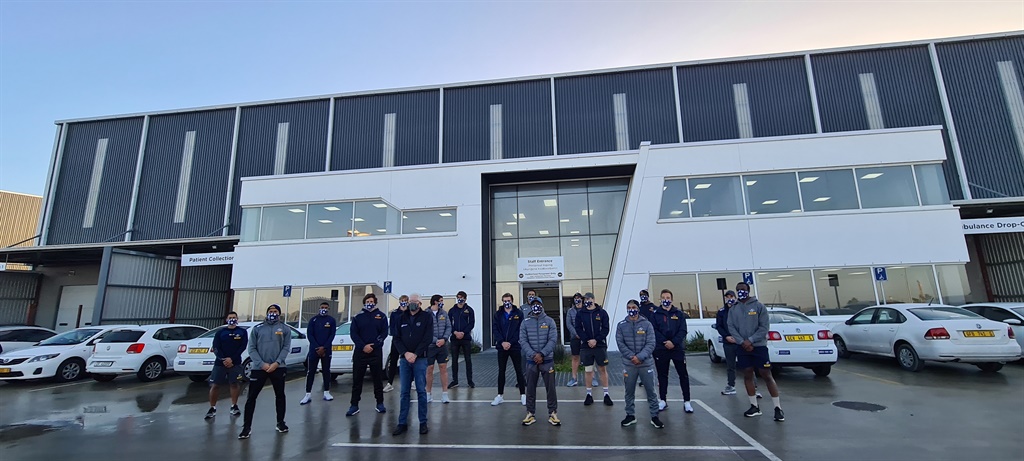


Western Cape Premier Alan Winde tested positive for Covid-19 several days after visiting Brackengate field hospital with Siya Kolisi and the Stormers rugby squad.
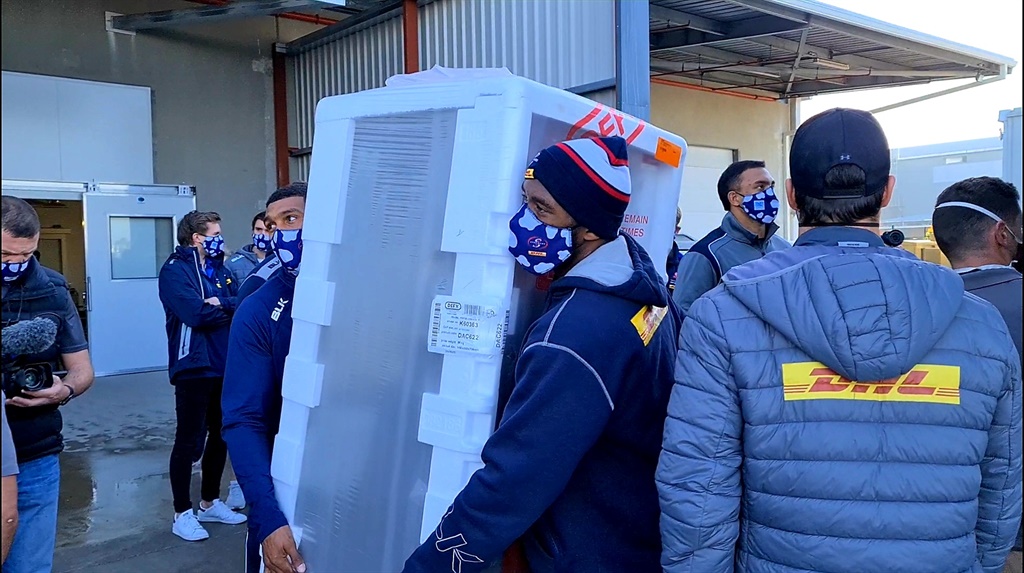


Western Cape Premier Alan Winde tested positive for Covid-19 several days after visiting Brackengate field hospital with Siya Kolisi and the Stormers rugby squad.
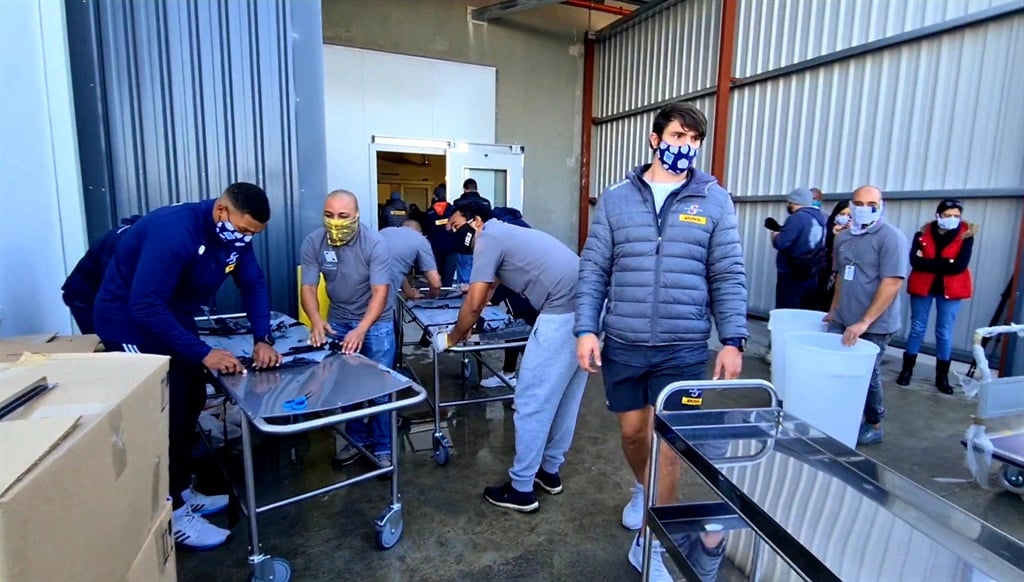


Western Cape Premier Alan Winde tested positive for Covid-19 several days after visiting Brackengate field hospital with Siya Kolisi and the Stormers rugby squad.
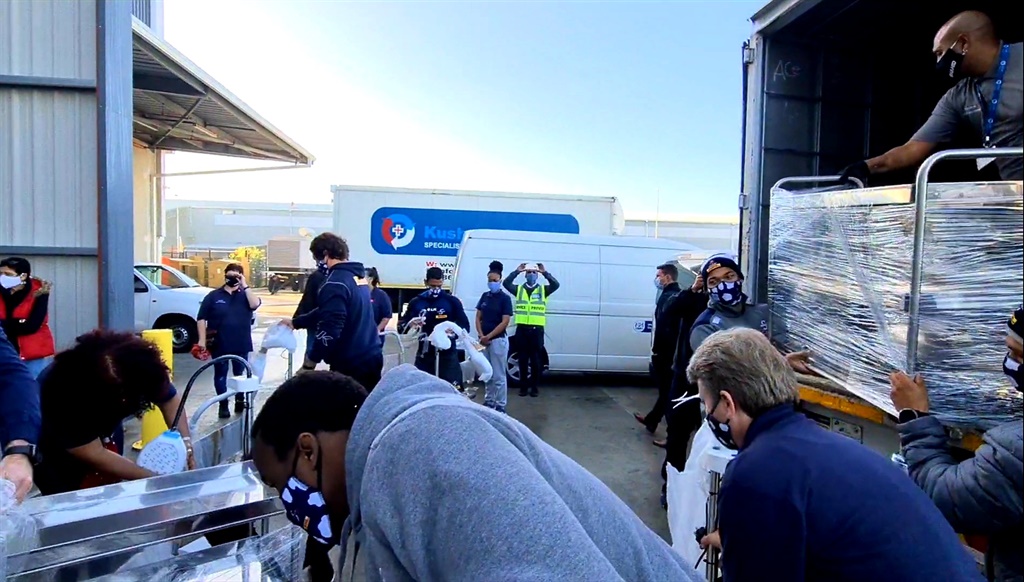


Western Cape Premier Alan Winde tested positive for Covid-19 several days after visiting Brackengate field hospital with Siya Kolisi and the Stormers rugby squad.
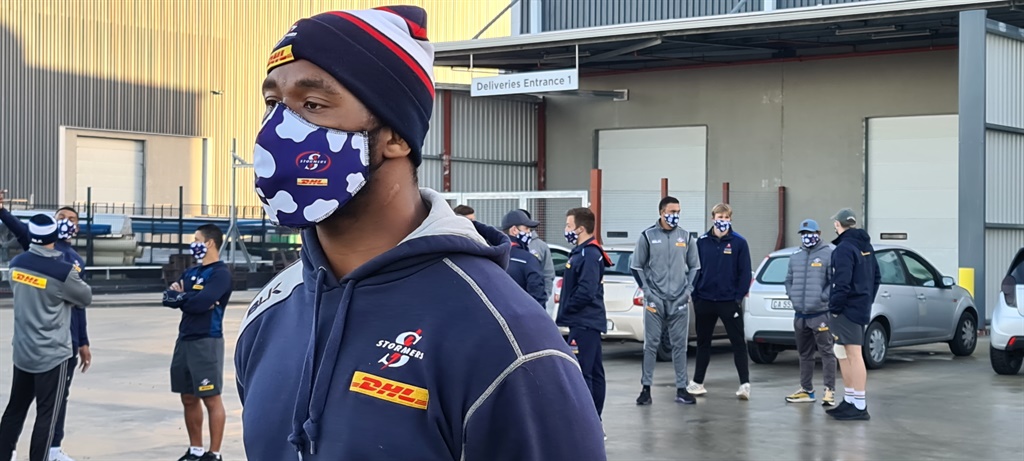


Western Cape Premier Alan Winde tested positive for Covid-19 several days after visiting Brackengate field hospital with Siya Kolisi and the Stormers rugby squad.
Therefore, neither this News24 journalist nor any of the Stormers squad needed to self-isolate or be quarantined, unless they exhibit symptoms, as they did not have “close contact” with the premier as defined above, according to the province and a provincial health department source.
While the NICD and the South African government do not appear to have officially adopted the term “casual contact”, many other countries globally have.
For example, Australia’s national health authorities advise the following: “A casual contact is someone who has been in the same general area as someone who has tested positive for the coronavirus while infectious.
“You are a casual contact if a) you have had less than 15 minutes face-to-face contact in any setting with a confirmed case in the 24 hours period before the onset of their symptoms; Or b) you have shared a closed space with a confirmed case for less than two hours in the 24-hour period before the onset of their symptoms (but did not breach one metres, and did not have any face-to-face contact time).”
Here too, casual contacts did not need to be excluded from work or school while well, but should monitor themselves for symptoms, and are advised to isolate if they start presenting symptoms.
The New Zealand Health authorities define a “casual contact” as “any person with exposure to the case who does not meet the criteria for a close contact”.

